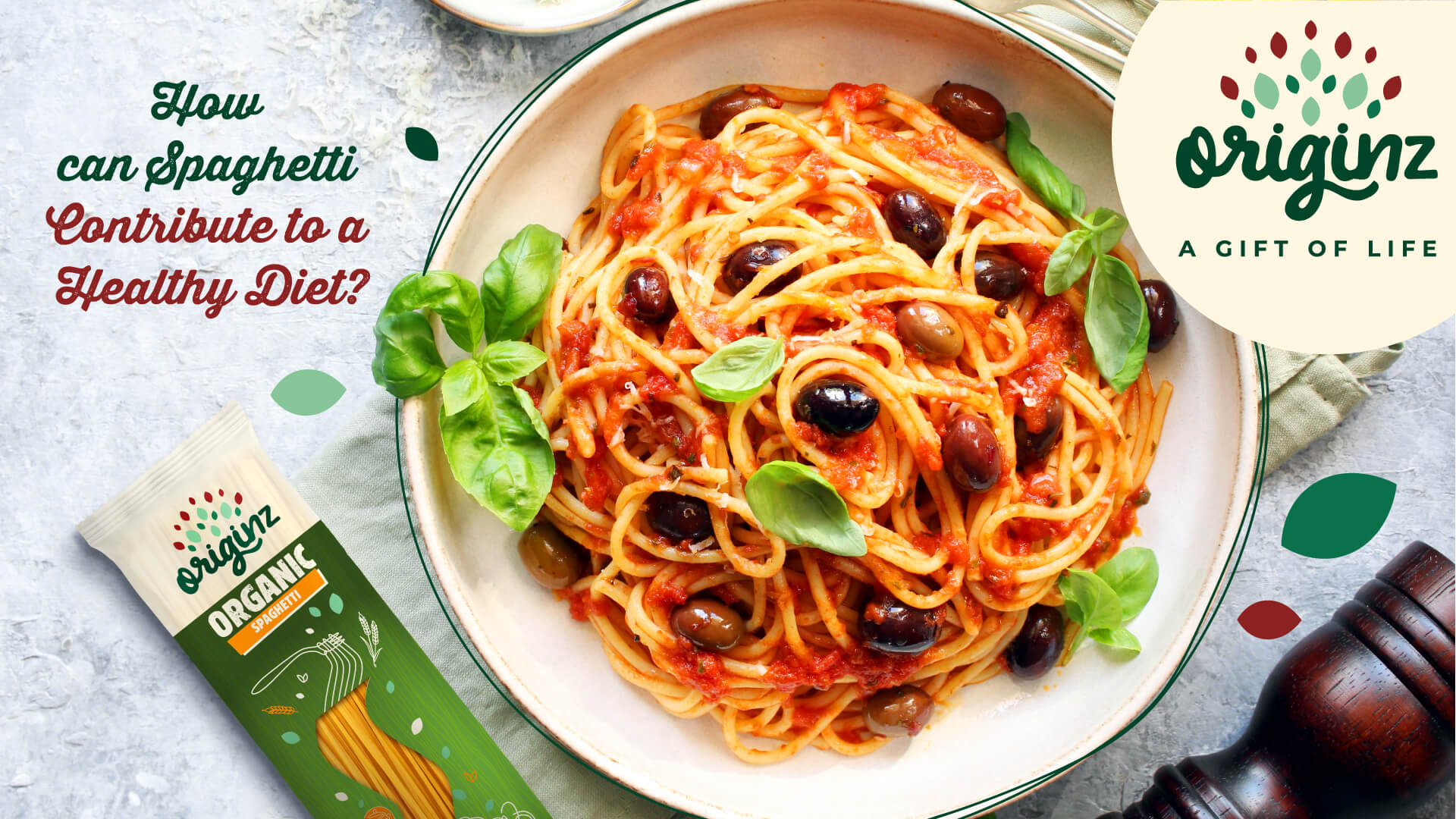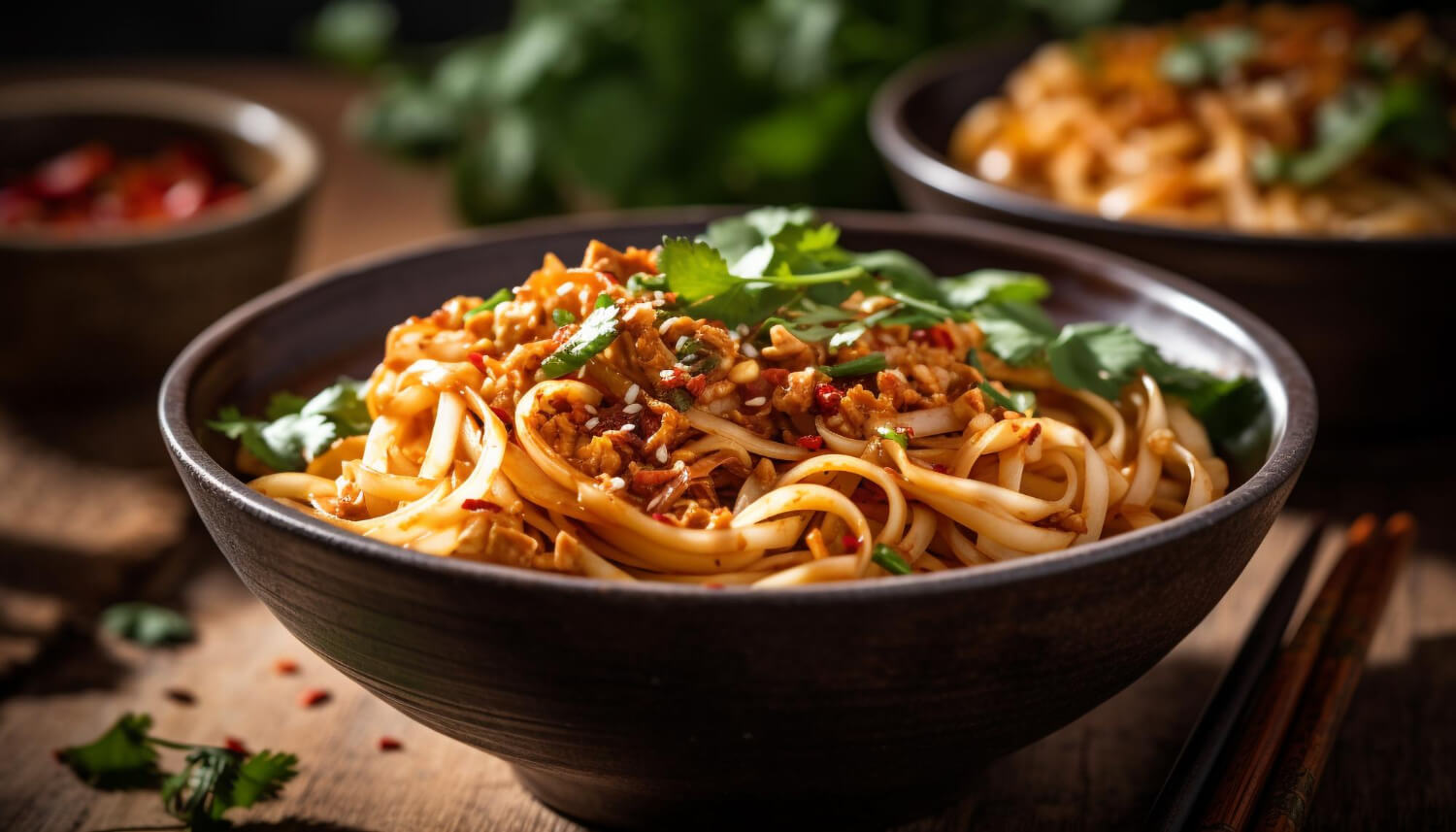
How can Spaghetti Contribute to a Healthy Diet?
In the diverse world of pasta, spaghetti stands out not only for its long, slender shape and versatility in dishes but also for its potential contributions to a healthy diet. As a staple in many households, understanding the spaghetti health benefits can help you appreciate how this simple dish can be part of your balanced eating regimen.
The Nutritional Value of Spaghetti Pasta
Spaghetti pasta, made from grain, is a fundamental source of carbohydrates, providing the body with energy. Whole grain or multigrain versions of spaghetti noodles, in particular, are rich in dietary fibre, which is essential for digestive health and helps maintain blood sugar levels. Regular intake of whole grain spaghetti can also contribute to heart health, reducing the risk of heart diseases.
Moreover, spaghetti pasta is a good source of various nutrients including B vitamins (especially folate), iron, and magnesium. These elements are crucial for various body functions, such as oxygen transport and muscle health. When considering the types of spaghetti available, opting for whole grain or organic spaghetti can enhance these nutritional benefits, supporting a healthier lifestyle.

Spaghetti Health Benefits in a Balanced Diet
Integrating spaghetti into your diet can be beneficial in multiple ways. The high fibre content found in whole grain spaghetti noodles can increase satiety, helping control weight by making you feel full longer. This aspect of spaghetti health benefits is vital for those managing their weight without feeling deprived.
Additionally, when paired with other healthy food products such as fresh vegetables, lean proteins, and healthy fats, spaghetti can be part of a meal that balances macronutrients efficiently. This balance is key to a healthy diet, ensuring that you get a mix of nutrients that support overall health.
Organic and Versatile: Choosing the Right Spaghetti
The choice of spaghetti can affect its health benefits. Organic spaghetti, which is made from grains grown without synthetic pesticides or fertilisers, offers an added layer of benefits by reducing your exposure to potentially harmful chemicals. This makes organic spaghetti an excellent choice for those who are health-conscious and environmentally aware.
Among the types of spaghetti, variations such as spinach or tomato-infused spaghetti provide additional nutrients like vitamin C and antioxidants. These options not only add a pop of colour to your plate but also increase the nutritional profile of your meal, making spaghetti a truly versatile ingredient in creating delicious recipes.
Culinary Inspirations with Spaghetti
The versatility of spaghetti noodles makes them a perfect canvas for experimenting with various flavours and ingredients. Whether it’s a simple garlic and oil dressing or a rich, hearty tomato sauce, spaghetti pasta can carry a wide range of flavours that cater to every palate.
Exploring different types of spaghetti can also refresh your menu, introducing new textures and flavours into your diet. For instance, trying organic spaghetti in traditional Italian dishes or incorporating it into Asian-inspired stir-fries can diversify your intake of global cuisines while maintaining a health-focused approach.
To enhance the health benefits of your spaghetti dishes, consider incorporating plenty of vegetables, choosing lean proteins like chicken or fish, and using heart-healthy oils for cooking. Adding herbs and spices instead of salt can also elevate the taste while reducing sodium intake.
Sustainability and Spaghetti
Choosing organic spaghetti is not only beneficial for health but also supports sustainable agriculture. Brands like Originz promote sustainable practices in the production of their spaghetti pasta, ensuring that their processes are environmentally friendly and support local farming communities. By choosing products from companies like Originz, you contribute to a healthier planet and enjoy spaghetti noodles that are produced with respect for nature.
FAQs
How often should I eat spaghetti if I’m watching my diet?
Incorporating spaghetti into your diet once or twice a week is a good way to enjoy its health benefits without overloading on carbohydrates. Opt for whole grain or organic spaghetti for the best health benefits.
Can spaghetti be part of a gluten-free diet?
Yes, there are gluten-free types of spaghetti available made from alternative flours like rice, corn, or quinoa, which are suitable for those with gluten intolerance or celiac disease.
Are there low-carb spaghetti options?
Yes, some low-carb types of spaghetti are made from ingredients like beans or lentils, offering higher protein and fibre compared to traditional spaghetti noodles.
Spaghetti, particularly when chosen with care and paired with other healthy food products, can indeed be a delightful and nutritious part of your diet. Whether it’s through enjoying a variety of sauces or exploring different types of spaghetti, the possibilities are endless for those looking to maintain a balanced and healthy diet.
Further Read,
- Benefits of Green Beans for Weight Loss
- Health Benefits of Consuming Celery Everyday
- Orange Juice Vs Pineapple Juice: Know the Difference
Latest Blogs

Maintaining Healthy Habits After Ramadan
Have Ramadan healthy meals after Ramadan and maintain healthy food habits and implement them in your daily lives. Read more about healthy food habits.

Authentic Middle Eastern Iftar Meals to Prepare This Ramadan
Prepare some authentic middle eastern iftar meals this Ramadan. Look for fresh Ramadan food ideas and make your day memorable with these dishes. Check them out.

Ramadan Dishes to Cure Fasting Fatigue
Don’t worry about fasting fatigue anymore as we have listed some best Ramadan dishes and easy iftar meals to support your fasting journey. Check them out.

Eid-al-Fitr Feast: Delicious Recipes to Celebrate the End of Ramadan
Celebrate the end of Ramadan with delicious recipes on the eve of Eid ul Fitr. Read more about the traditional Ramadan recipes and make them easily.